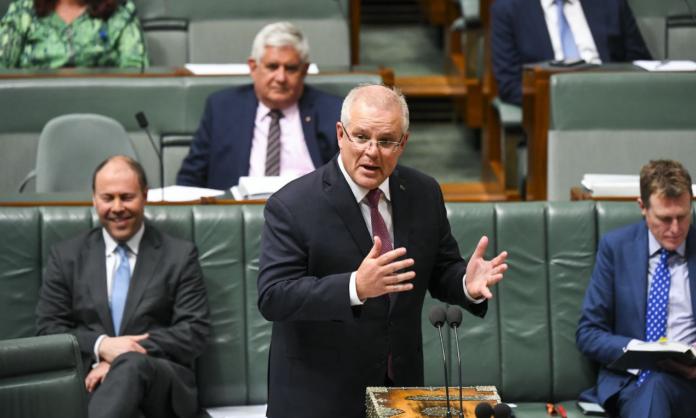Federal government welfare cuts will push an extra 330,000 Australians into poverty in the new year, bringing the total number of people impoverished since September to 1.16 million, according to one of Australia’s top economic policy analysts.
Ben Phillips, who works at the Australian National University’s Centre for Social Research and Methods, called the cuts “a bit stingy”. In a letter to the editor published in Melbourne’s Age, Vince from Glenroy painted a more vivid picture—likening the government’s phased withdrawal of the coronavirus supplement to a medieval torture rack, which pulled on the sufferer’s joints excruciatingly slowly, snapping each of his ligaments with a loud pop before dislocating his limbs altogether.
Earlier this month, Prime Minister Scott Morrison announced an additional $100 cut to the supplement. This comes on top of the $300 slashed in September. The tapered down $150 payment—which has been extended until March 2021—reduces the income of a JobSeeker recipient to an unlivable $715 a fortnight.
The Coalition’s impatience to abandon Australia’s poorest in the middle of a crisis is repulsive. According to Phillips, the January reduction will dramatically elevate the poverty rate “well above” pre-pandemic levels. In March, the level of poverty will likely jump again.
Earlier modelling by the Australia Institute, a think tank, estimated that the coronavirus supplement lifted 425,000 people out of poverty when it was rolled out earlier in the year. A series of wage subsidies and welfare supplements kept approximately 2.2 million people afloat throughout the first few months of the crisis. The number of people living in poverty dropped by one-third.
While the programs may have appeared altruistic, the aim was not to reduce inequality, but to stabilise the economy for business. Now that the government is confident that it has achieved that goal, it is happy to throw people back into poverty.
Yet the government intervention annuls decades of excuses for keeping unemployment payments at poverty levels. It shows that the money can be found—it’s just a question of priorities.
It’s an absolute disgrace that sections of the working class will again be consigned to poverty and humiliation, while the wealth we produce lines the pockets of politicians and business executives. Rather than capitulating to the coalition’s cruel and unusual punishment, we must fight for permanent increases in welfare, a living wage for all, paid for by higher wealth taxes. We need a society that puts people before profit.








